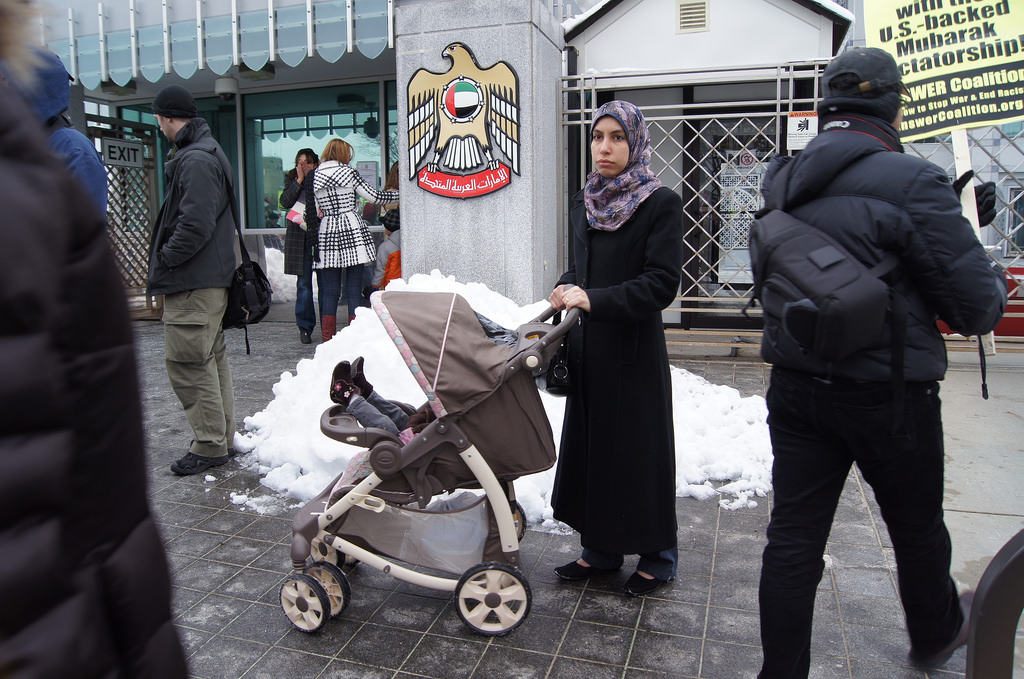Arab countries are full of young people frustrated by a lack of jobs; questioning traditional authority; bittersweet about the West, its liberties and its power; and plugged-in enough to know that their lot is worse than that of many of their peers around the world. “Young people just want to live and not make trouble, but they are unable to break into the political, social, economic systems of their countries,” says Rami Khouri of the American University of Beirut. “They have to create parallel universes for themselves because they can’t do anything normal in normal settings.”
Many factors led to the Arab uprisings of 2011, which overthrew old rulers in Tunisia, Egypt, Libya and Yemen, and rattled many other regimes. But there is little doubt that the Arab world’s large youth bulge, and its rulers’ failure to harness it for economic development, was central.
Now that the uprisings have either been beaten down or degenerated into murderous civil war (except in Tunisia), the lot of young Arabs is even worse: they face more political repression and worse job prospects. […]
Elsewhere, a large youthful population would be regarded as an economic blessing. But in the Arab world the young are treated, for the most part, as a curse, to be suppressed. These days life for young Arabs is often a miserable choice between a struggle against poverty at home, emigration or, in extreme cases, jihad. Indeed, in places such as Syria, the best-paid jobs involve picking up a gun.

